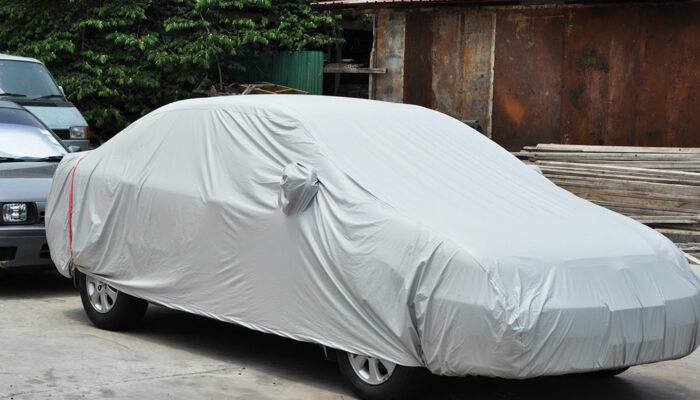
An Overview of Facelift Surgery
Facelift or rhytidectomy is a plastic surgery procedure that can help remove the signs of aging from your face. As your age progresses the skin and the underlying tissues lose elasticity. Due to the deteriorating elasticity, the outer protective layer of the skin which is a thin membrane tends to sag or droop and becomes flabby. Wrinkles start appearing around the eyes, the mouth, and the neck area. A facelift is a facial rejuvenation procedure that will help smoothen wrinkles, remove extra skin and tighten the facial tissues. The procedure involves dissection of the subcutaneous layers and different suturing techniques.
Who are the fit candidates for facelift?
Plastic surgeons assess the patients on various grounds to determine whether the patients are fit candidates. If you are in the age group of 35 to 60 and feeling a loss of volume in the face skin, you may consider a facelift procedure.
- The optimal age group for this procedure is 45 to 50 years.
- Your history must speak of a healthy lifestyle, as it is of paramount importance for the success of the surgery. A healthy lifestyle will have a long-lasting effect on facelift surgery.
- People without medical conditions that may interfere with wound healing are fit candidates for facelift surgery.
- People should have realistic expectations from the surgery.
What could be the cost of a facelift procedure?
In 2018, the average cost of a facelift was $7,655. Costs of anesthesia, operating room facilities or other related expenses will add up to the total price. A facelift procedure involves only the bottom two-thirds of the face. Often doctors advise browlift, eyelift, and neck lift along with a facelift. Hence, the cost will go up accordingly. The cost is further dependent on the individual expectations.
What are the precautions to be taken by you as a patient before the facelift surgery?
- Select a board-certified and trained surgeon for your facelift surgery. If you hunt for a doctor, who charges less you may be compromising on the quality.
- Discuss the possible risks and outcomes of the procedure.
- Smoking has demonstrated to stall the healing process after the surgery. The doctor might advise you to quit smoking for three to six months.
- You should follow good dietary habits. Obese people are generally rejected for this procedure.
- Discontinue the use of aspirin, anti-inflammatory pain relievers, and any herbal supplements to reduce the risk of bleeding and bruising.
What can you expect from the facelift surgery?
Facelift surgery will give you a much younger look. However, do not expect it to make you look more attractive.
This procedure removes the excess skin and smoothens out the wrinkles on your face.
- After the surgery, you may have pain along with some bruises and swelling. Your doctor might prescribe pain medication.
- You may have to bear with a downtime of at least two weeks to resume normal physical activities.
- Your skin might take several months to feel normal.
- Good skin care and protection from the sun will aid in obtaining long-term results from a facelift procedure.
- Sometimes the desired results may not be had from one surgery. You may have to go for a second session.



